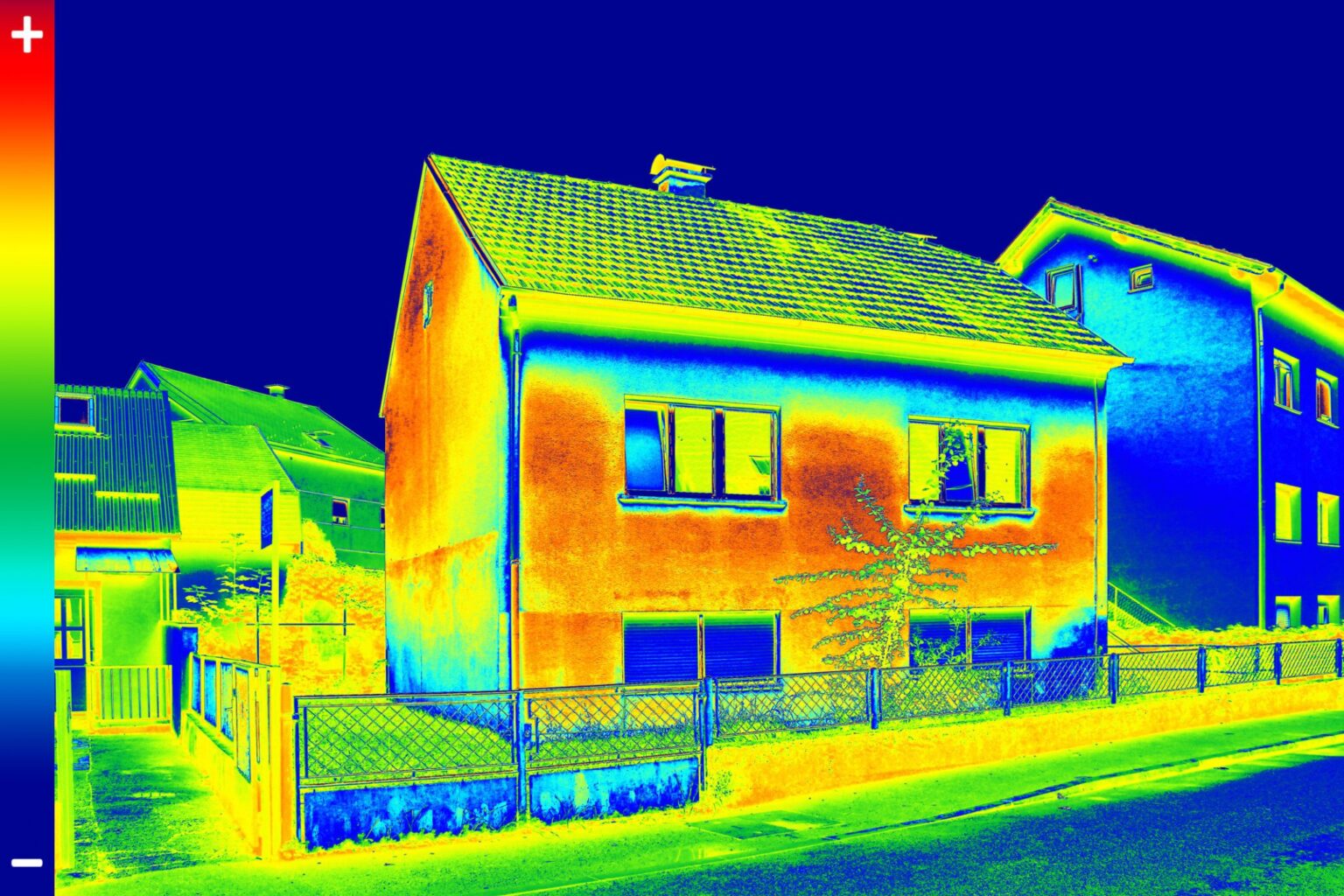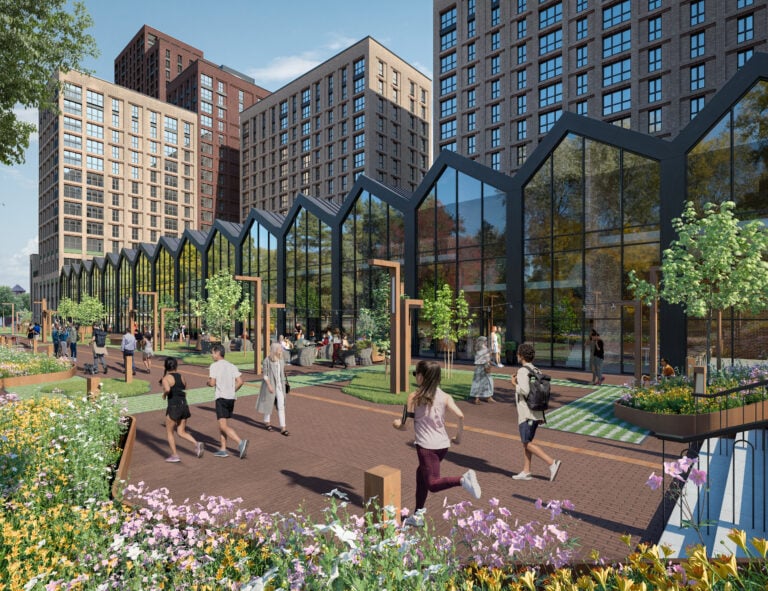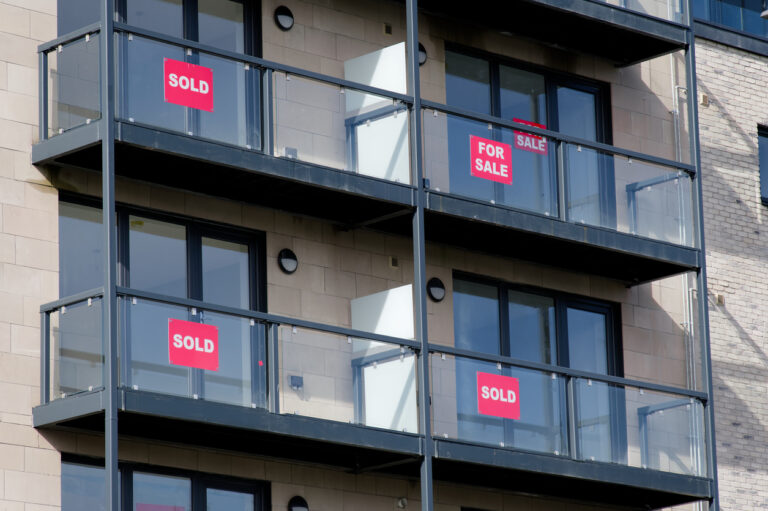Homeowners and buy-to-let landlords who own properties with low energy efficiency ratings could now have access to a new government grant.
The government has allocated £1.8bn of funding to local authorities and social housing providers as part of its Warm Homes Plan, with the money aimed at lower-income households and property owners who want to upgrade the energy efficiency of their properties.
Buy-to-let landlords operating rental homes whose energy performance certificate (EPC) ratings are D, E, F or G (the lowest efficiency ratings) may be eligible, with other eligibility criteria including living in an eligible postcode, having tenants who are in receipt of certain benefits, or being a low-income household with a gross income of less than £36,000 per year.
The Warm Homes: Local Grant will have twin cost caps, made up of £15,000 for energy performance upgrades and £15,000 for low carbon heating – this is the upper limit that can be spent per home, totalling £30,000.
Landlords who are granted the funding could receive a full grant contribution of £30,000 towards eligible improvements to one rental property, and can receive a further 50%, or £15,000, per property after that, up to a maximum payout limit of £315,000, which includes any previous grant funding claimed. Tenants are not required to make any contributions to the upgrade costs.
Could government go further?
While the grant will be welcomed by those landlords and homeowners who can apply, some industry bodies as well as landlords and investors themselves believe more should be done by the government to help the private rented sector improve its overall energy efficiency.
The National Residential Landlords Association (NRLA) says that while it welcomes the move, it “would like to see support extended to those landlords who do not fall within the remit of the scheme”.
The NRLA confirmed that landlords whose tenants are classed as low-income, and with a property that has an EPC rating of D or below, can apply if they:
- Express permission for their details to be shared and stored on a central database of landlords participating in the Warm Homes: Local Grant
- Agree to support DESNZ-led surveys or evaluations regarding PRS uptake in the Warm Homes: Local Grant
- Confirm that the Minimum Financial Assistance threshold of £315,000 will not be exceeded by the landlord receiving the proposed assistance
- Confirm they do not intend to raise rents as a direct result of the upgrades being installed (using the template provided ahead of delivery)
At the moment, any changes to minimum energy efficiency standards are under consultation and therefore not confirmed, and are currently not set to take effect until 2028 (when they could apply to new tenancies). This is something to take into account before landlords carry out any retrofitting of their properties.
Landlords broadening income streams
One study conducted by Together Money has revealed that 25% of UK property investors and landlords believe the government should provide tax relief or other financial incentives to encourage them to make their properties more energy efficient.
This is echoed by others in the industry, who are concerned that putting the financial burden on landlords could lead to higher rents for tenants in order for their property to remain financially viable. Without financial or tax incentives, some landlords could be pushed out of the sector, reducing supply and putting more pressure on tenants and rents.
However, 63% of those surveyed by Together said they felt “positive” about the proposed energy efficiency changes, indicating that perhaps they were already ‘EPC-ready’ with an energy efficient property portfolio.
Ryan Etchells, chief commercial officer at Together, said the firm had seen large numbers of “amateur landlords” exit the market entirely, although others had opted to adapt to the upcoming changes.
“For example, we have seen many professional landlords looking to diversify their portfolios to spread the risk across residential classes as well as commercial sites.
“They are now turning to student accommodation, social housing holiday lets and mixed-use units to broaden income streams.
“In particular, we are seeing more houses being converted to houses of multiple occupancy (HMOs), as these can sometimes offer a better yield than a single residency.”










